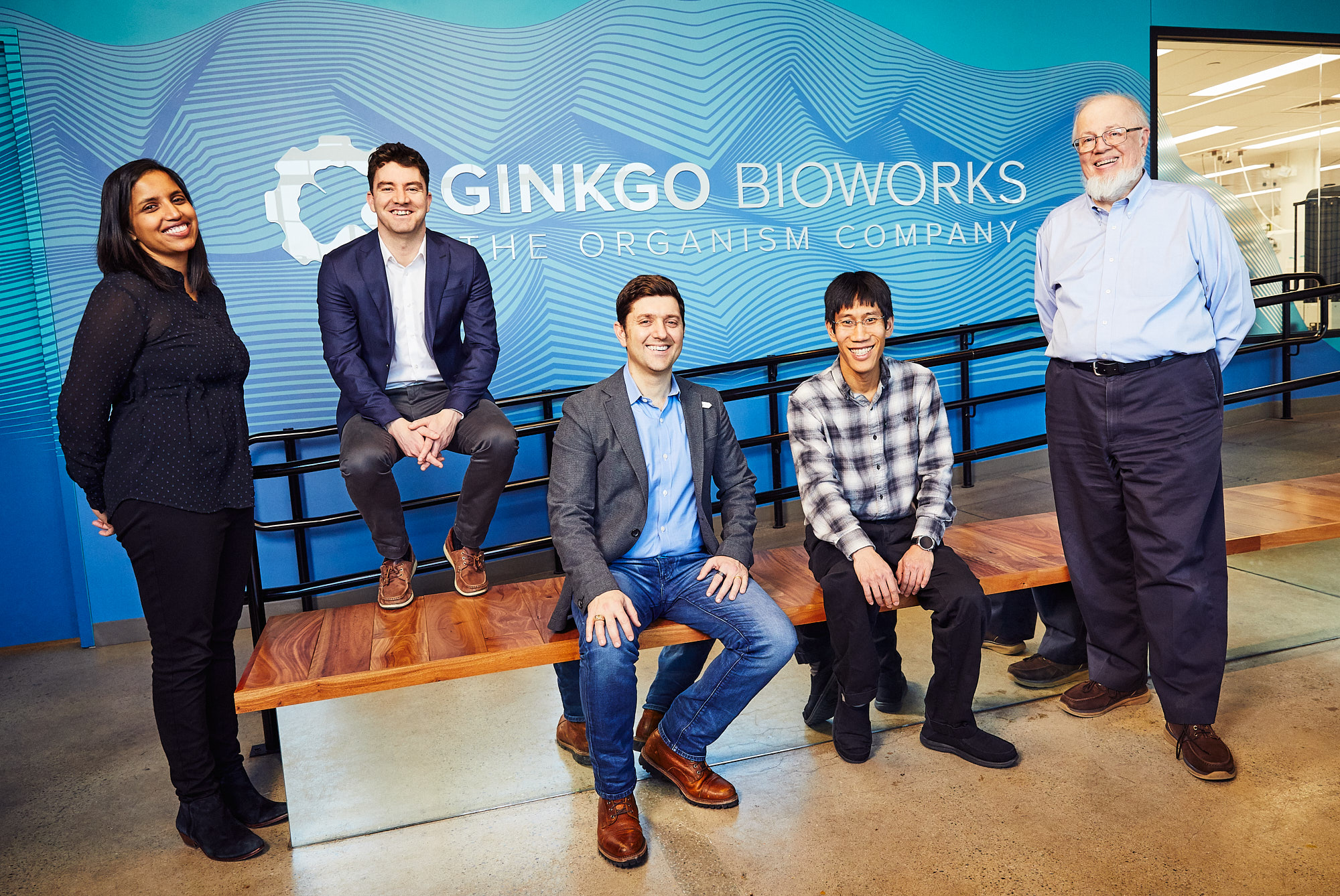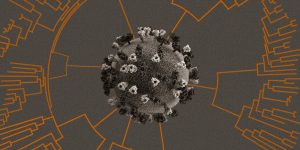[ad_1]
“There must be good times when a fledgling biotech company can afford to hire people to write non-journal articles,” barked Dirk Haussecker is an experienced biotech stock collector who is active on Twitter.
Kelly says the magazine was inspired by Think, a periodical published by IBM since the 1930s. “Why would they do that? Well, nobody knew what a computer was, says Kelly, who sees Ginkgo playing a similar role as an evangelist for the possibilities of genetic engineering.
During the podcast, Stat News compared Ginkgo to a “meme” or “stonk” intended to attract the attention of investors pursuing trends without regard to business fundamentals. When the deal with SPAC is completed – sometime in September – the company will trade under the DNA symbol, once owned by Genentech, one of the early heroes of the biotech scene. “Ginkgo Bioworks doesn’t deserve to use the DNA ticker,” said Stat reporter Adam Feuerstein.
SPAC is A Wall Street trend that offers an IPO route with slightly less scrutiny of the company’s financial outlook than usual. Will Gornall, a professor at the University of British Columbia School of Business, believes they democratize investor access to hot sectors, but may also overestimate the value of companies. Some deals, such as the deal that went public with Richard Branson’s space company Virgin Galactic Holdings, went well, but the five EV companies that went public through SPAC were subsequently subjected to what Bloomberg called “brutal” fixes.
Gornall sees the logic of a player betting on a ginkgo game. In recent years, stock market profits have come from only a handful of tech companies, including Amazon, Apple, Facebook, Google and Microsoft, each now worth over a trillion dollars. “An assessment can make sense if there is even a 1% chance that biology is the computer of the future, and that it is the company that is doing it,” says Gornall.
Other people’s goods
Since its founding, Ginkgo has spent nearly half a billion dollars, much of it built on labs equipped with robots, gene sequencers, and sophisticated laboratory instruments like mass spectrometers. These “foundries” allow you to test for genes added to microorganisms (often yeast) or other cells. He claims he can create 50,000 different genetically modified cells in one day. A typical goal of a foundry project is to assess which of the hundreds of versions of a given gene is particularly good at converting sugar into a specific chemical, for example. Kelly says customers can use Ginkgo instead of building their own lab.
What is lacking in the history of Ginkgo are any blockbuster products derived from its research service. “If you label yourself as synbio, it sets a high bar for success – you say you are going to the moon,” says Keris. “You have raised so much money against a fantastic vision that soon you will need a transformative product, be it a medicine or some crazy industrial product.”
To date, Ginkgo yeast cell engineering has resulted in the commercial production of three flavor molecules, Kelly said. Robert Weinstein, president and chief executive officer of the US division of flavor and additive manufacturer Robertet, confirmed that his company is now fermenting two such molecules using yeast developed by Kelly. One of them, gamma decalactone, has a strong peach scent. The other, massoi lactone, is a clear liquid usually excreted from the bark of a tropical tree; used as a flavoring agent, it can be sold online for $ 1200 per kilogram. A year-round start-up of a fermenter could yield a multi-million dollar specialty chemical like this.

GINGKO BIOWORKS
According to George Church, a professor at Harvard Medical School, such products still fall short of promises that synthetic biology will radically change manufacturing. “I think flavors and flavors are very far from the idea that biology can do anything,” Church says. Kelly also sometimes struggles to reconcile the “destructive” potential he sees in synthetic biology with that of ginkgo. Church drew my attention to the May Boston Globe report on the merger of Ginkgo and Soaring Eagle. In it, Kelly said his firm is an attractive investment as the world begins to explore the extraordinary potential of synthetic biology, citing messenger RNA-free COVID-19 vaccines in new plant-based burgers like Impossible. … Food.
“There was a list of achievements in the article, but the most interesting achievements came from others,” Church says. “I don’t think it brings me the total of $ 15 billion.” However, Church hopes that Ginkgo will indeed succeed. Not only is the company his “favorite unicorn,” but it acquired the remains of some of his own synthetic biology startups after they went bankrupt (he also recently sold the company to Zimergen). How Ginkgo will work in the future “could help our entire area or harm our entire area,” he says.
While Ginkgo’s work hasn’t resulted in any blockbusters, and Kelly admits “disappointment” that biotechnology is taking so long, he says there will be products from other customers coming soon. Canadian-based Canadian company Cronos says it will be selling intoxicating pineapple-flavored candy by the end of the year containing CBG, the molecular component of the flower of marijuana; Ginkgo helped show how to turn this compound into yeast. A division of Ginkgo called Motif FoodWorks says it expects a synthetic meat flavor to be available this year as well.
[ad_2]
Source link



